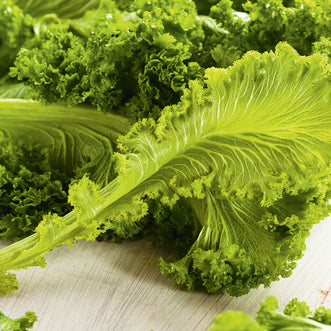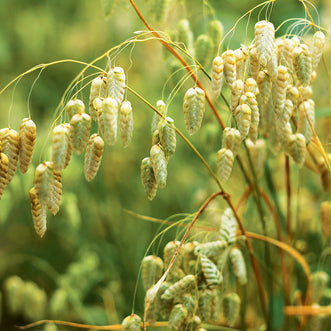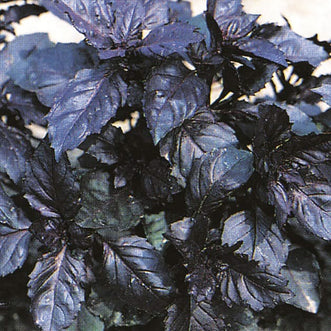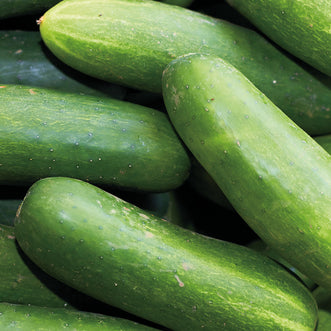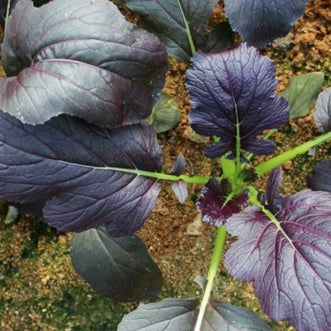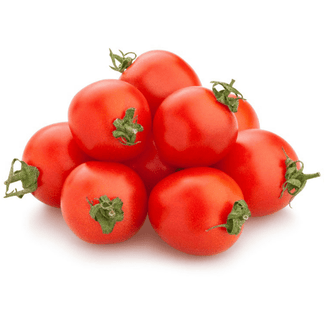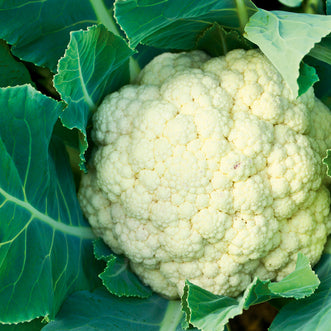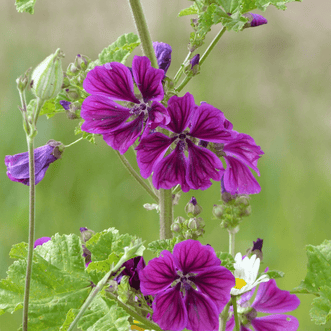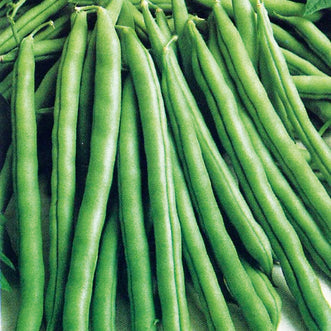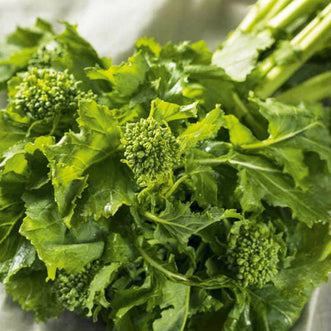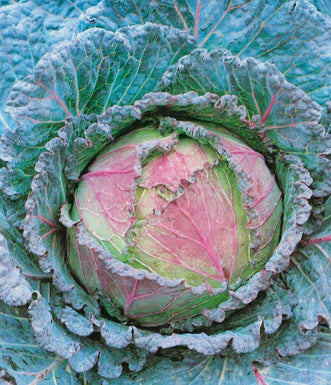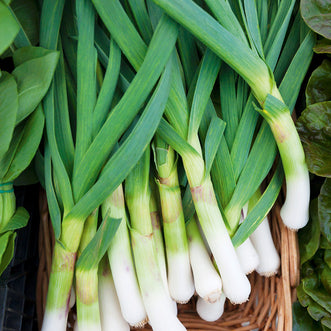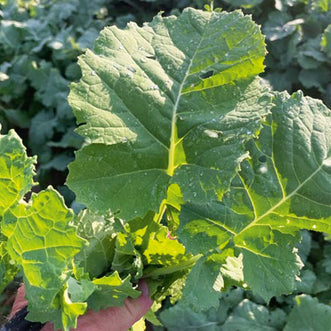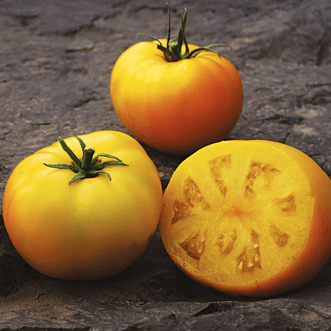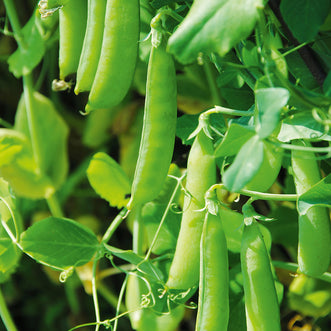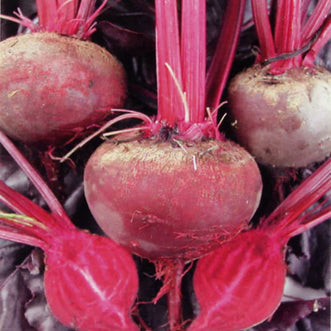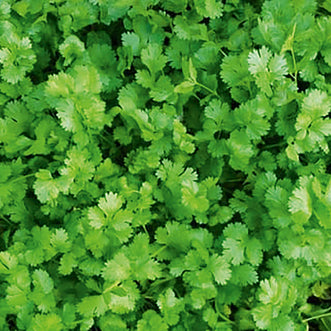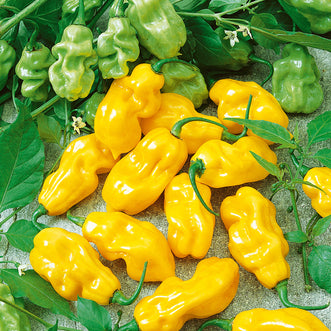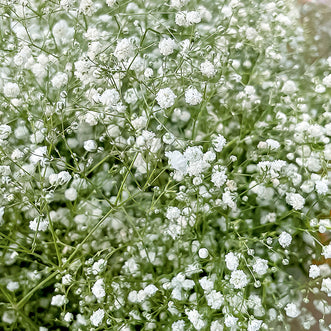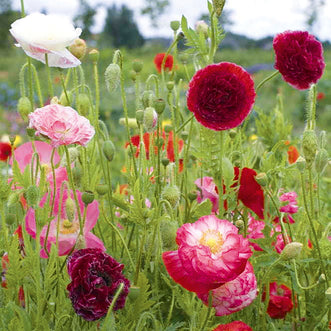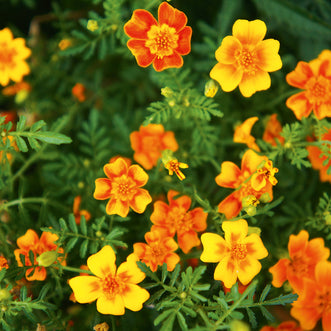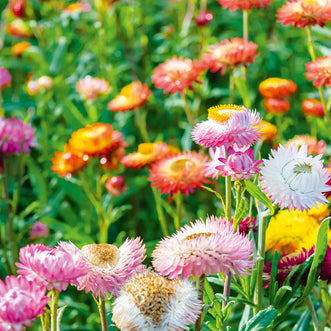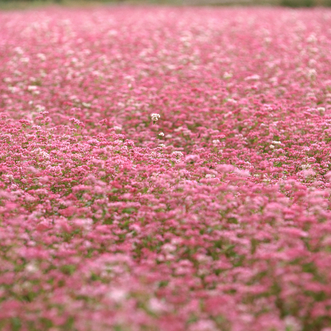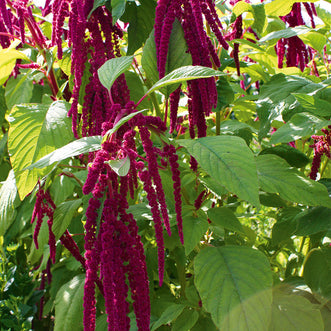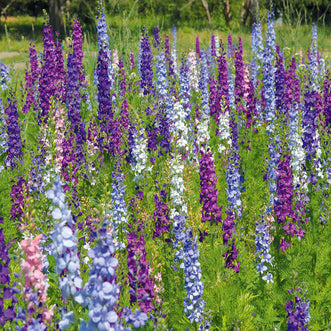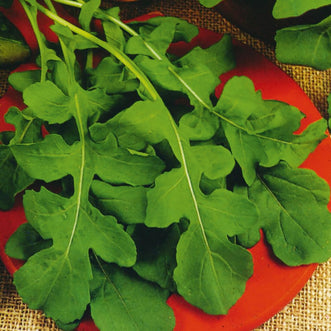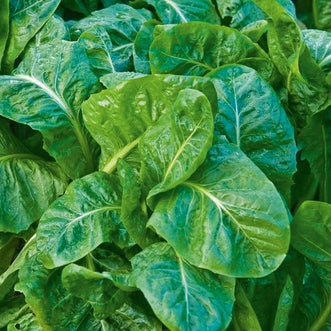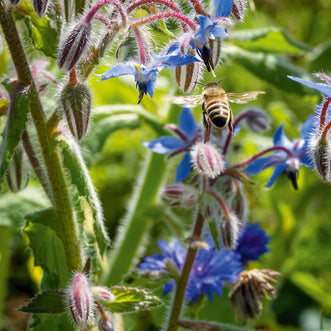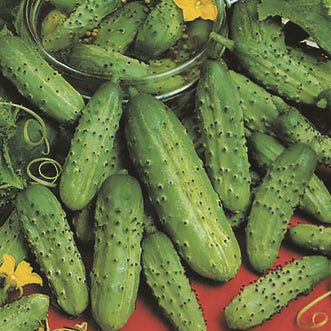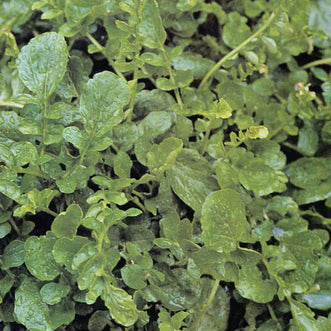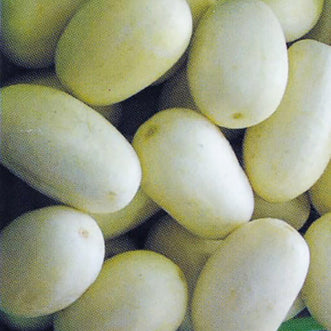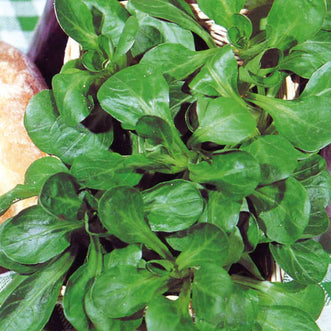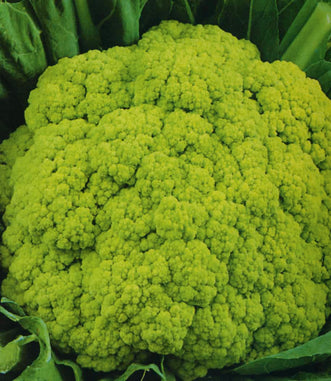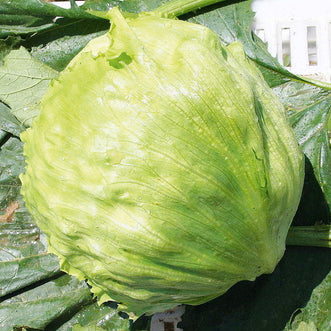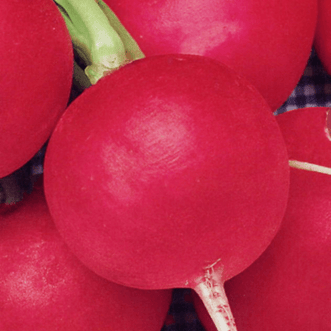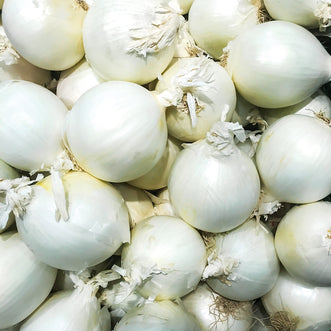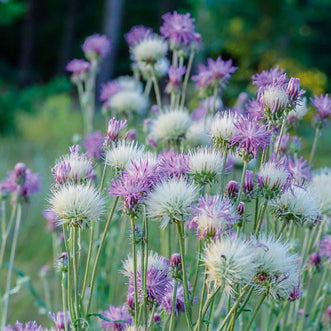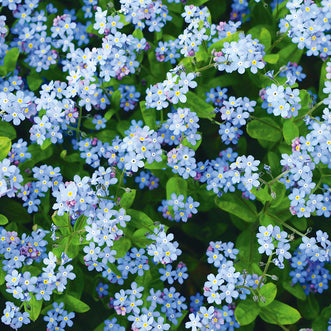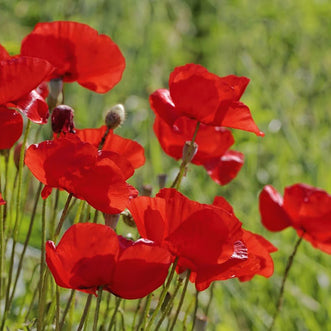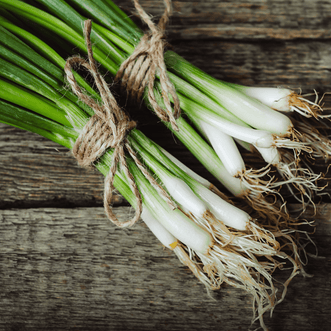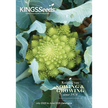How to Identify Garden Weeds in New Zealand
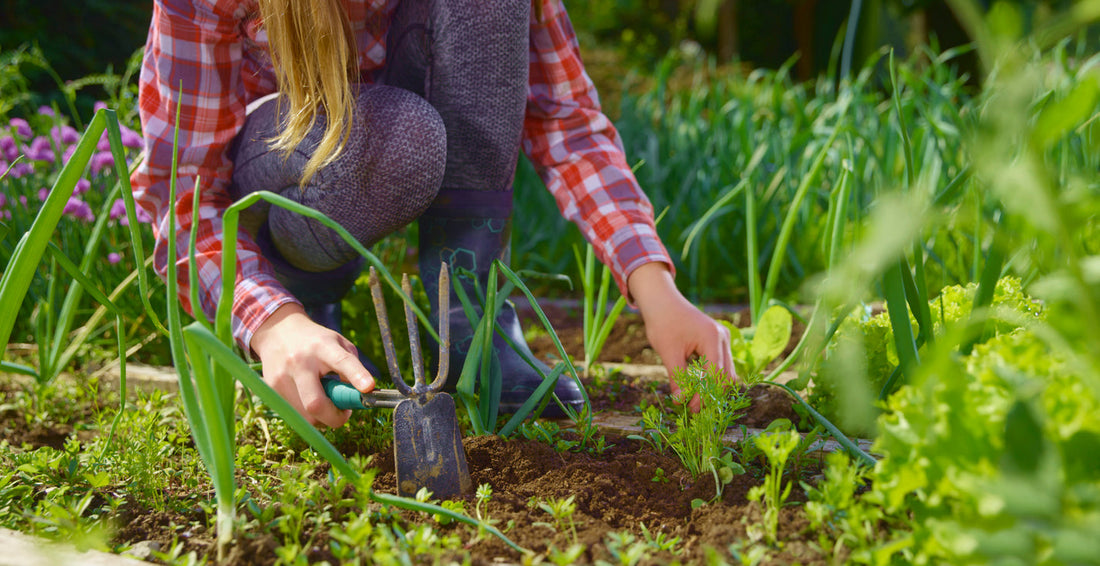
A healthy, thriving garden is one of life's simple pleasures—but if you've ever bent down to pull yet another weed, you know it doesn't always feel simple. Weeds seem to pop up overnight, compete with your plants for everything they need to grow, and somehow know exactly where your freshly mulched soil is.
If you're here, you're probably not looking to become a weed encyclopaedia. You just want to know: Is this thing a problem? And how do I stop it from taking over? That's where we come in. At Kings Seeds, we've spent over 40 years helping Kiwi gardeners grow what they love—and part of that is knowing what doesn't belong. So whether you're new to gardening or just tired of battling the same invaders, this guide will help you identify the most common garden weeds in New Zealand—and what to do about them.
Why Bother Identifying Weeds?
Because not all weeds are created equal—and knowing what you're dealing with saves you time, frustration and unnecessary digging.
Some weeds, like oxalis and couch grass, spread underground and return even after you think they're gone. Others, like hemlock and deadly nightshade, aren't just annoying—they're dangerous. Early identification helps you act quickly, choose the right removal method and avoid bigger issues later on.
Think of weed ID as your garden's first line of defence.
The Usual Suspects: Common Weeds in NZ Gardens
You don't need to know every weed by name. But it helps to get familiar with the ones that show up again and again in Kiwi gardens:
-
Dandelion – Bright yellow flowers, deep taproot and puffball seed heads that float away on the wind.
-
Stinging Nettle – Jagged leaves with tiny hairs that sting on contact. A painful surprise if you're not careful.
-
Gorse – Thorny and aggressive, with yellow blooms. Difficult to remove once it takes hold.
-
Hemlock – Tall, feathery, with white umbrella-like flowers. Toxic to people and pets.
-
Couch Grass – Also called twitch. Looks innocent until you try to dig it out and find an underground web of roots.
-
Chickweed – Small, sprawling, and low to the ground with delicate white flowers. Loves moist soil.
-
Oxalis – Clover-like leaves with tiny yellow or pink flowers. Grows from bulbs that split and multiply easily.
-
Red Dead Nettle – Purplish leaves and flowers. Low-growing but fast to spread.
-
Mallow – Broad leaves and pinkish flowers. Can become woody if left alone.
-
Bindweed – Twisting vines with arrowhead leaves. Wraps around your plants and strangles them. Also called convolvulus.
-
Ivy – Looks ornamental, but left unchecked it can overtake structures and trees.
-
Wireweed – Tough, wiry stems with sparse leaves. Usually shows up in disturbed or dry soil.
-
Dock – Broad, glossy leaves with a sturdy, ribbed structure. Often found in moist areas, it spreads aggressively and can overshadow native plants.
-
Thistle – Spiky leaves and vibrant purple blooms. While its flowers attract pollinators, its rapid growth and thorny nature can invade gardens and pastures, making it a troublesome weed.


Pictured above Deadly Nightshade – Purple flowers, small dark berries very rare in NZ gardens. It's relative 'Black Nightshade' with the white flowers is much more common in NZ and still to be treated with caution.
How to Identify Weeds (Without a Botany Degree)
You don't need a textbook—just a few observation tips:
-
Leaf shape and feel – Dandelions form a toothed rosette, nettle leaves are jagged and hairy.
-
Growth style – Is it crawling like chickweed, climbing like bindweed, or forming dense mats like couch grass?
-
Flowers and seeds – The colour and shape of flowers (like gorse's golden burst or deadly nightshades's purple stars) are great clues.
-
Roots – Taproots mean you need to dig deep (like with dandelions or dock), while rhizomes or bulbs (like couch and oxalis) require more strategy.
Not sure? Take a photo and compare it to a field guide—or pop into a local gardening group online. There's no shame in asking.
How to Control Weeds Naturally (and Safely)
There's no one-size-fits-all solution, but here's what works for most gardens:
Natural Methods
-
Hand pulling – Especially effective for young, shallow-rooted weeds like chickweed or red dead nettle. Get the root if you can.
-
Mulching – Suppresses light and makes it harder for weeds to establish.
-
Boiling water or vinegar – Good for cracks in paths or small patches (just be careful around your good plants).
-
Smothering – Use cardboard or thick compost layers to block light.
Chemical Options
-
Selective herbicides – Target broadleaf weeds like bindweed without harming the grass.
-
Non-selective sprays – For hard surfaces or full clear-outs. Use with caution and avoid flowering weeds to protect pollinators.
Always follow the label, and avoid spraying on windy days or when bees are around.

Staying Ahead: Long-Term Weed Prevention Tips
Think of weeding as a maintenance habit—not a one-off event. We've heard of gardeners saying 'a bucket a week', meaning they aim for a bucket of weeds a week to keep on top of them.
Here's how to stay ahead:
-
Inspect regularly – Catch new weeds before they go to seed.
-
Improve your soil – Healthy soil = stronger plants that can outcompete invaders.
-
Rotate crops – Especially in veggie beds. It disrupts weed (and pest) cycles.
-
Plant densely – Less open space means fewer opportunities for weeds. Check out our ground covers.
-
Edge cleanly – A tidy lawn or garden border helps prevent creeping spread
Quick FAQ: Weeds in NZ Gardens
What are the most common garden weeds in New Zealand?
Dandelion, oxalis, chickweed, couch grass and bindweed top the list.
Which weeds show up most in veggie gardens?
Black Nightshade, chickweed, dock and clover are often found in open, disturbed soil.
What are the most invasive garden weeds?
Couch grass, oxalis, bindweed, ivy and hemlock. They spread fast and fight hard.
How do I get rid of weeds in NZ?
A combination of hand weeding, mulching and smart herbicide use—plus regular checks—is the best approach.
Wrapping Up: Know the Weeds, Grow the Garden
Weeds may be stubborn, but knowledge is stronger. The more you know about what's growing in your garden—wanted or not—the more control you have. And the less time you spend fighting, the more you spend planting, harvesting and enjoying.
At Kings Seeds, we're here to help you grow with confidence. Whether it's top-quality seeds or gardening know-how, we're proud to support Kiwi growers with over 40 years of trusted experience.
Visit our online store today and take the next step toward a healthier, happier garden.

